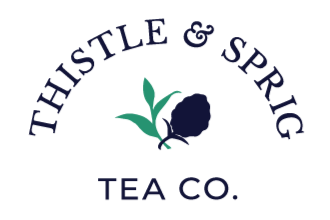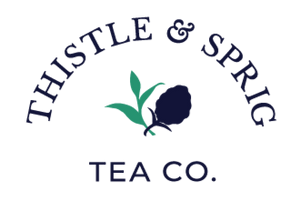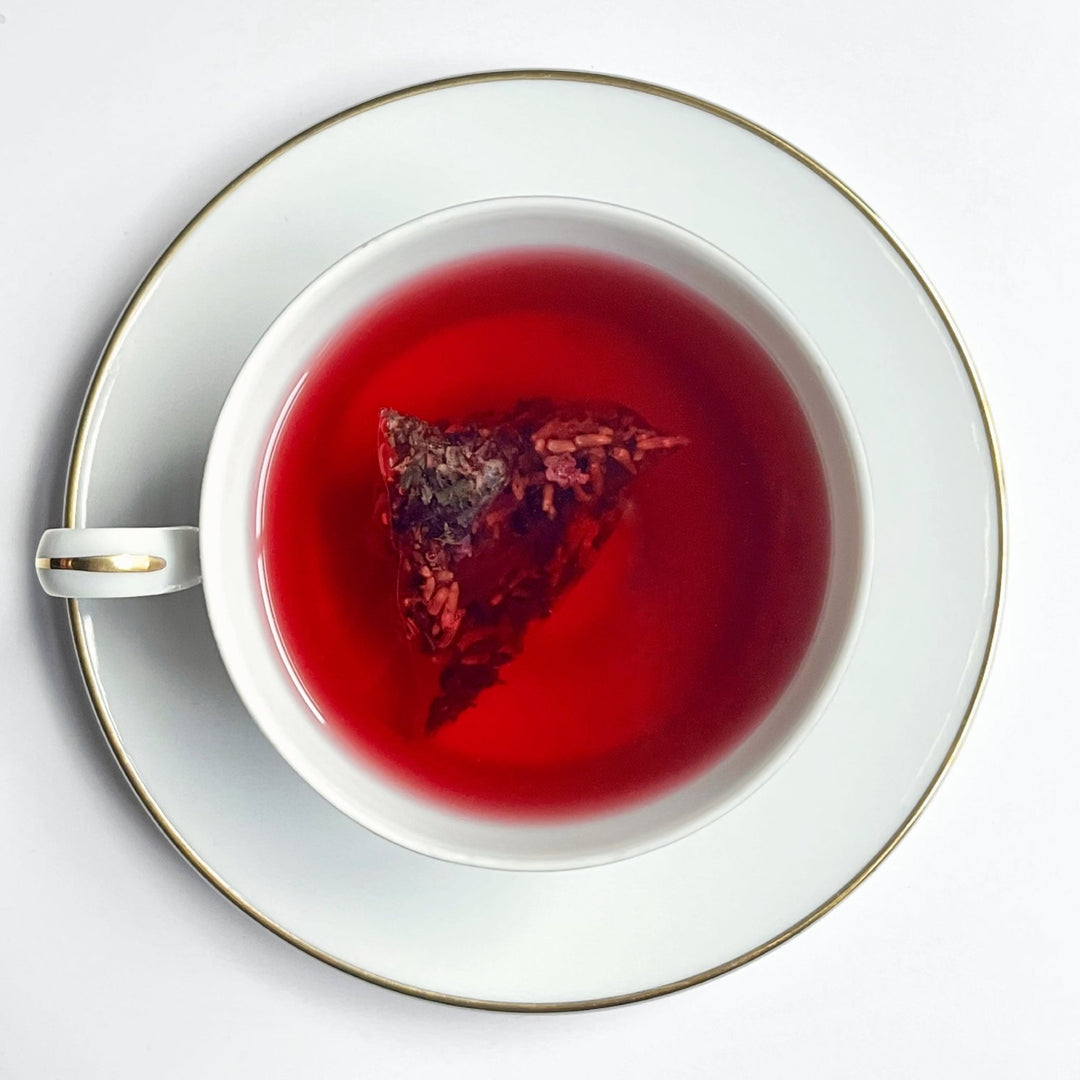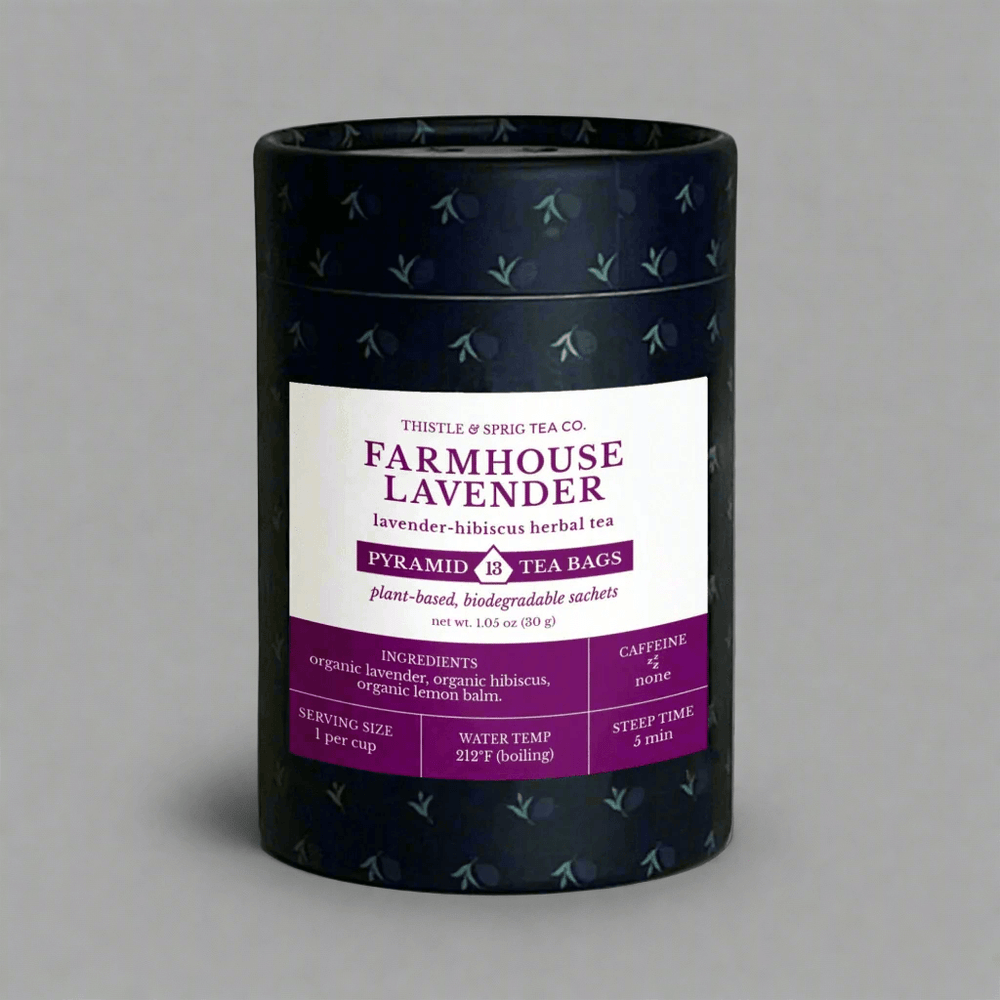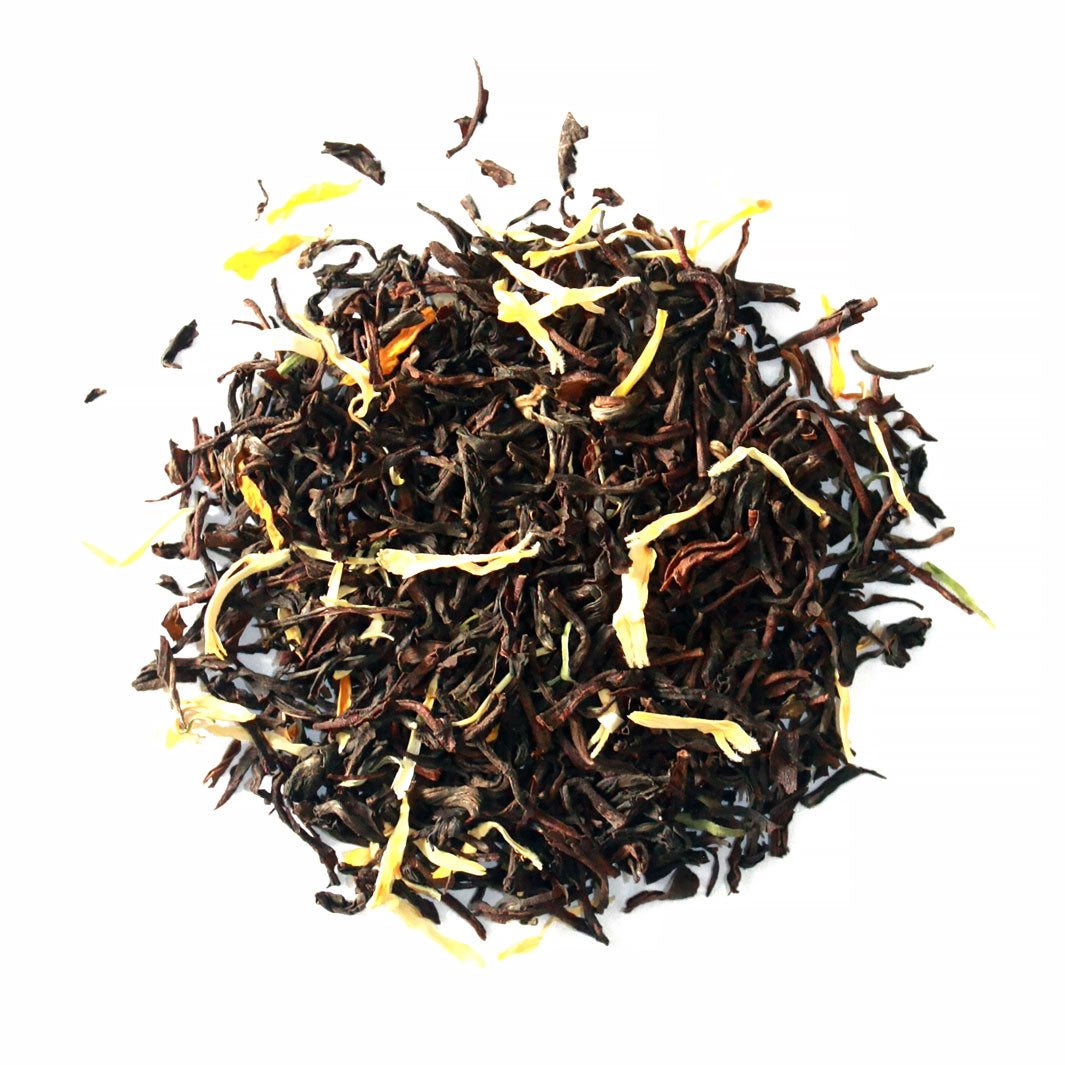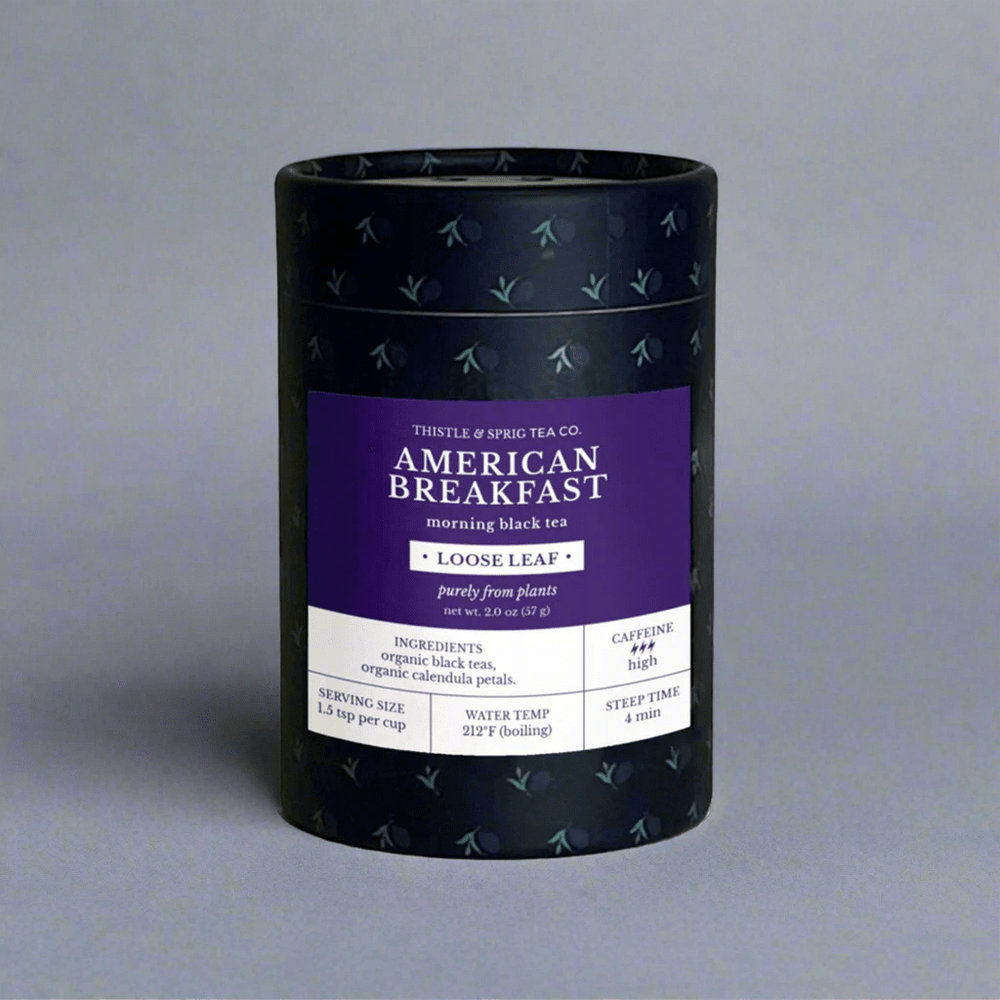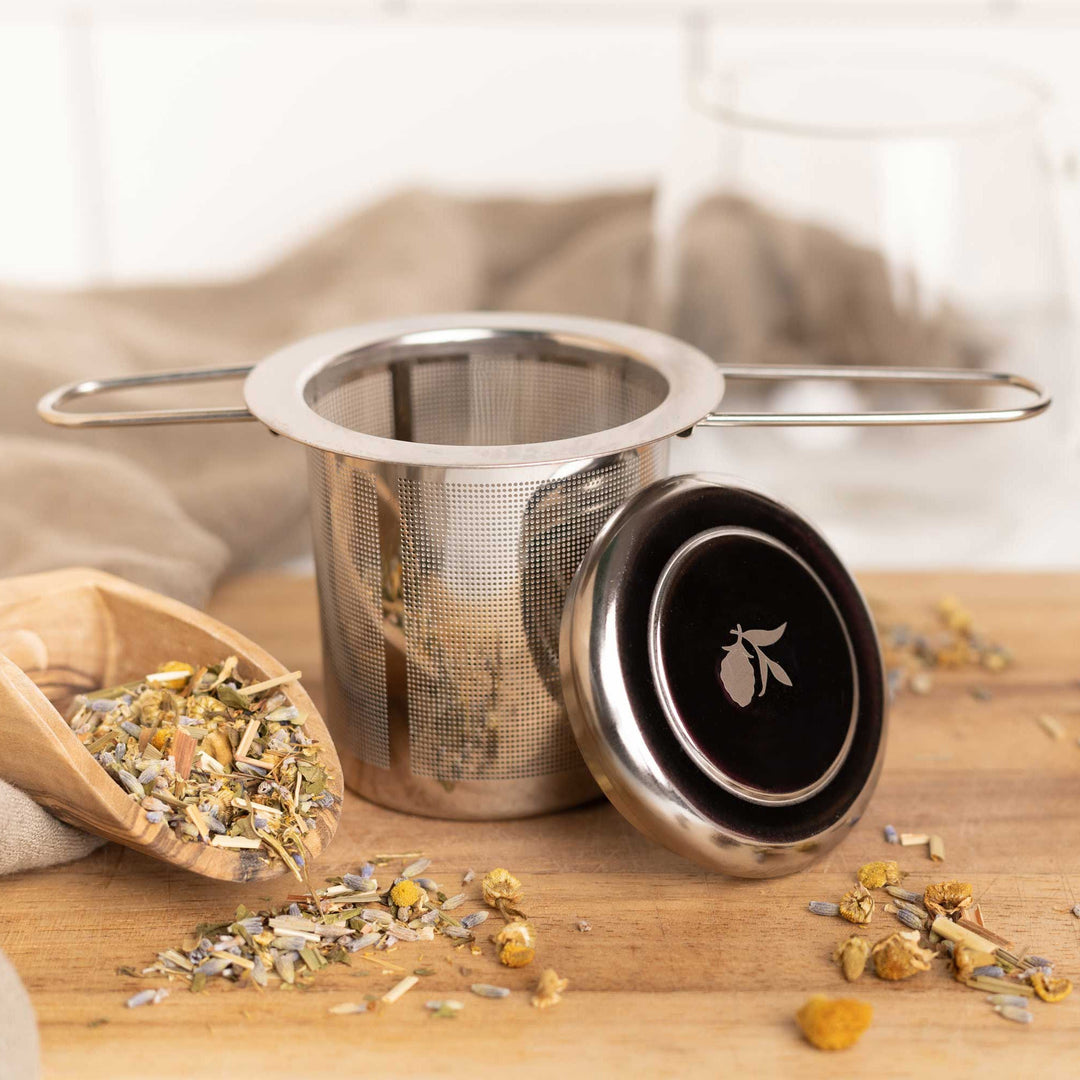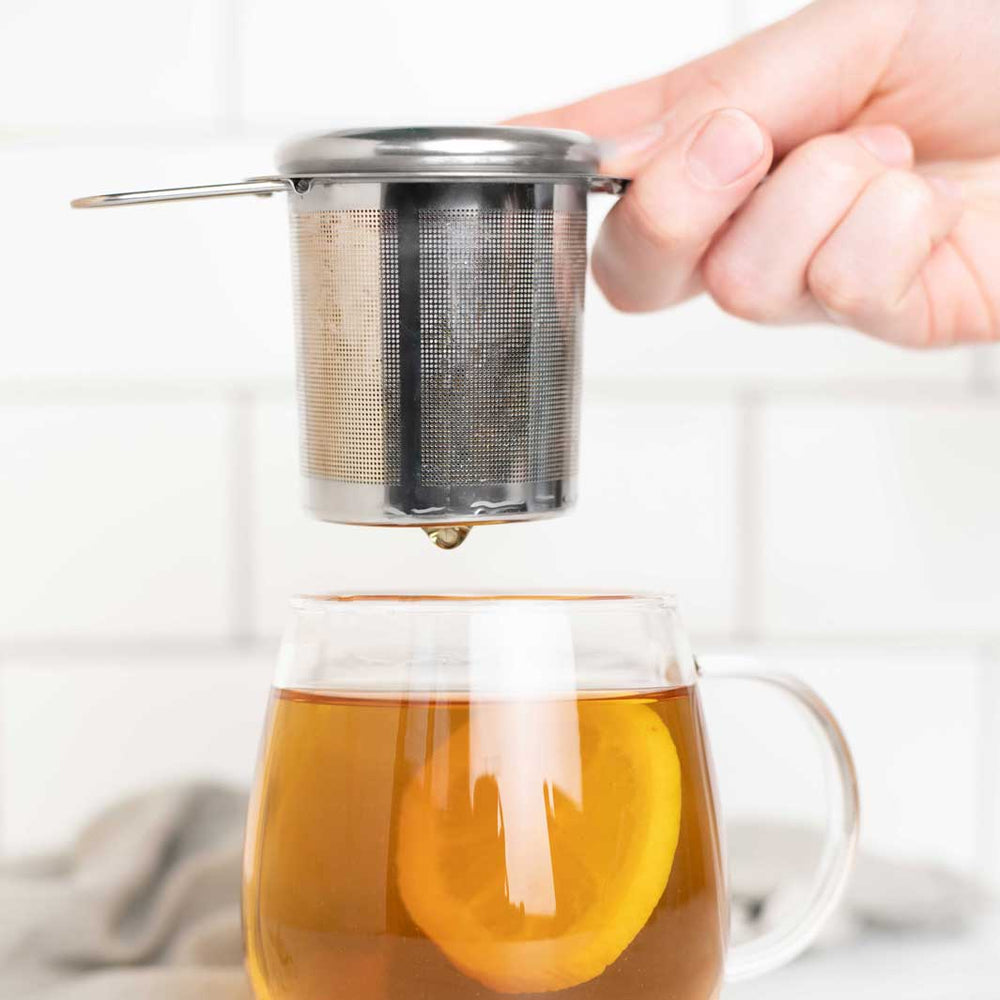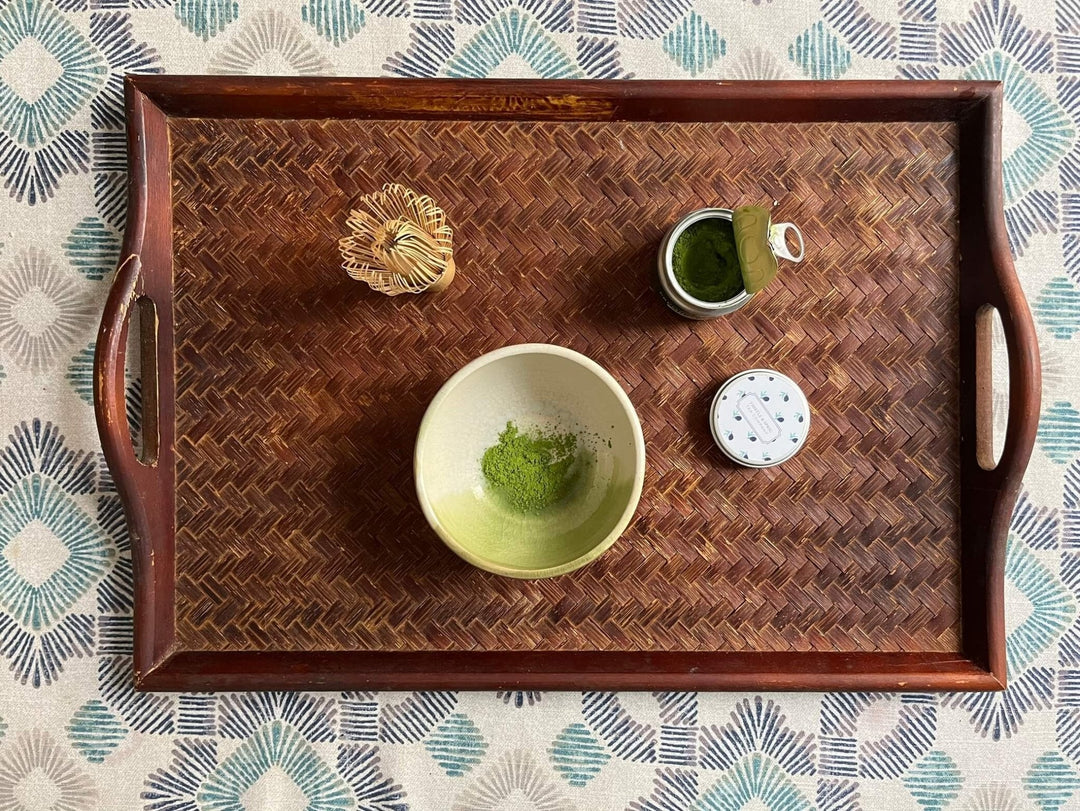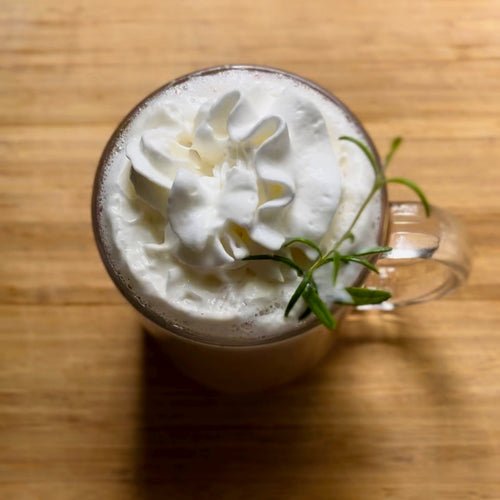How to Compost Tea

Don't Throw Out Those Tea Leaves!
Are you wondering what else you can do with your spent tea leaves? One of the best things about loose leaf tea (besides how delicious it is of course) is it's of the earth and returns to earth.
With loose leaf tea, there’s no need to fuss with emptying out tea bags, removing staples and strings. Just take your spent tea leaves and dump them into your compost.
How to Compost Tea
Spent tea leaves add good green matter to your compost pile as well as moisture.
Old, stale tea you want to get rid of can also be composted. Just make sure to remove any staples, string tags, or tea bag materials that are not biodegradable.
Composting your tea is a great way to start if you are want to wade into composting slowly. Simply add your old tea leaves and any other kitchen scraps you’d like to a pile of brown matter.
Setting Up Your Compost Pile
You can pile it into a corner of your yard, use a three-compartment box system, or get a large bin at least 3′ wide and drill drainage holes into the bottom.
If you are ONLY composting greens, like vegetable scraps, tea leaves and yard clippings, you probably don't need to worry about critters.
If you are adding other compostable items like leftovers, egg shells, dairy, etc., then it's going to attract more wildlife attention. In that case, we recommend using an enclosed compost system, either fully enclosed like a bin or tumbler, or with small gaps and made out of wood or hardware cloth (not chicken wire).

Browns and Greens
Browns are dead matter that make a nice bedding for worms. Browns are often literally brown or grey: old leaves, pine needles, straw, shredded unbleached paper, cardboard, newspaper printed with soy based ink, etc.
Greens are the ripe matter that needs to be broken down. Greens take longer to break down and contribute to the more, uh, exotic aromas that can come from a compost pile.
Greens include food waste from your kitchen, like fruits, vegetables, and proteins; as well as any other recently alive plant matter, like yard trimmings, tea leaves, coffee grounds, etc. You can add proteins to your compost like eggs, dairy, and even cooked meat, but they will (NEVER add raw meat, or you run the risk of nurturing a pile of e. coli.) Greens will help your pile heat up, but also require more heat to break down, and take longer to biodegrade than plant matter.
Greens to Browns Ratio: To keep your compost pile going, you always want more brown matter than green matter. We recommend a ratio of roughly 70% to 30% but plenty of composters will do 66% / 33%. The number does not need to be exact, but brown leaves help heat up the compost and break down the greens faster.
Composting Tips
Keep the compost moist: if it looks too dry and/or has more bugs than worms, add some water. IF it looks waterlogged though, with water pooling and a liquidy consistency, that's a sign of too much water. Just add a bit more browns.
Turn it with a shovel or pitchfork, every few days or whenever you add more green stuff to the mix. This oxygenates the pile and keeps it from being too smelly.
Troubleshooting
Most people strive for aerobic composting, where the pile heats up and breaks down fast.
If your compost is very smelly, it's likely gone anaerobic. This is a fermenting kind of compost where bacteria does more of the decomposing Anaerobic conditions include:
- Too many greens, making for an acidic pile. Cut back on greens and/or add more browns
- Not enough oxygen. Turn the pile more.
- High moisture conditions. Water the pile less and/or add more browns
If your compost doesn't have worms, you probably don't have enough greens in the pile, and/or the pile is too dry. If it's like sawdust, add more water.
If it's not decomposing, either it's an anaerobic issue (see above), or the items are too large. Chop up larger food waste and remove sticks and other bulky items.
It takes time to establish a compost pile, so don't fret if it takes a bit to get the hang of it! It's hard to screw up too badly, as compost is really just nature taking its course :)
Reap The Rewards: Black Gold
Once your compost pile is full, you can start another one and let the first one decompose. It may take a few months to a year for your compost pile to mature, but when it is ready it is pretty magnificent.
You'll know your compost is ready when you no longer see waste but crumbly, dark dirt.
You reward is a rich black soil, aka black gold, that can be used as a natural fertilizer on your plants for a happy, healthy garden.

Can You Use Tea as a Fertilizer?
We do not recommend putting old tea leaves directly in the ground around your plants.
There's a few reasons. For one, tea is often flavored and will have traces of essential oils or other extracts in the spent leaves.
Additionally, tea leaves are bigger than say, coffee grounds, so will take longer to decompose. Thus they may attract unwanted side effects like mold or pests while doing so.
We recommend composting your tea and then using that compost as a fertilizer.
Commercially Compostable vs. Home Compostable
Compostable items are becoming more mainstream, which is great.
When packaging or containers say they are commercially or industrially compostable though, that means they are not suitable for backyard composting.
At Thistle & Sprig Tea Co., we try to be as eco-friendly as possible, so all of the liners in our tea tins are actually home compostable.
They look like plastic but are made of plant cellulose and break down quickly. So throw those liners in the compost when you’re done with them!

